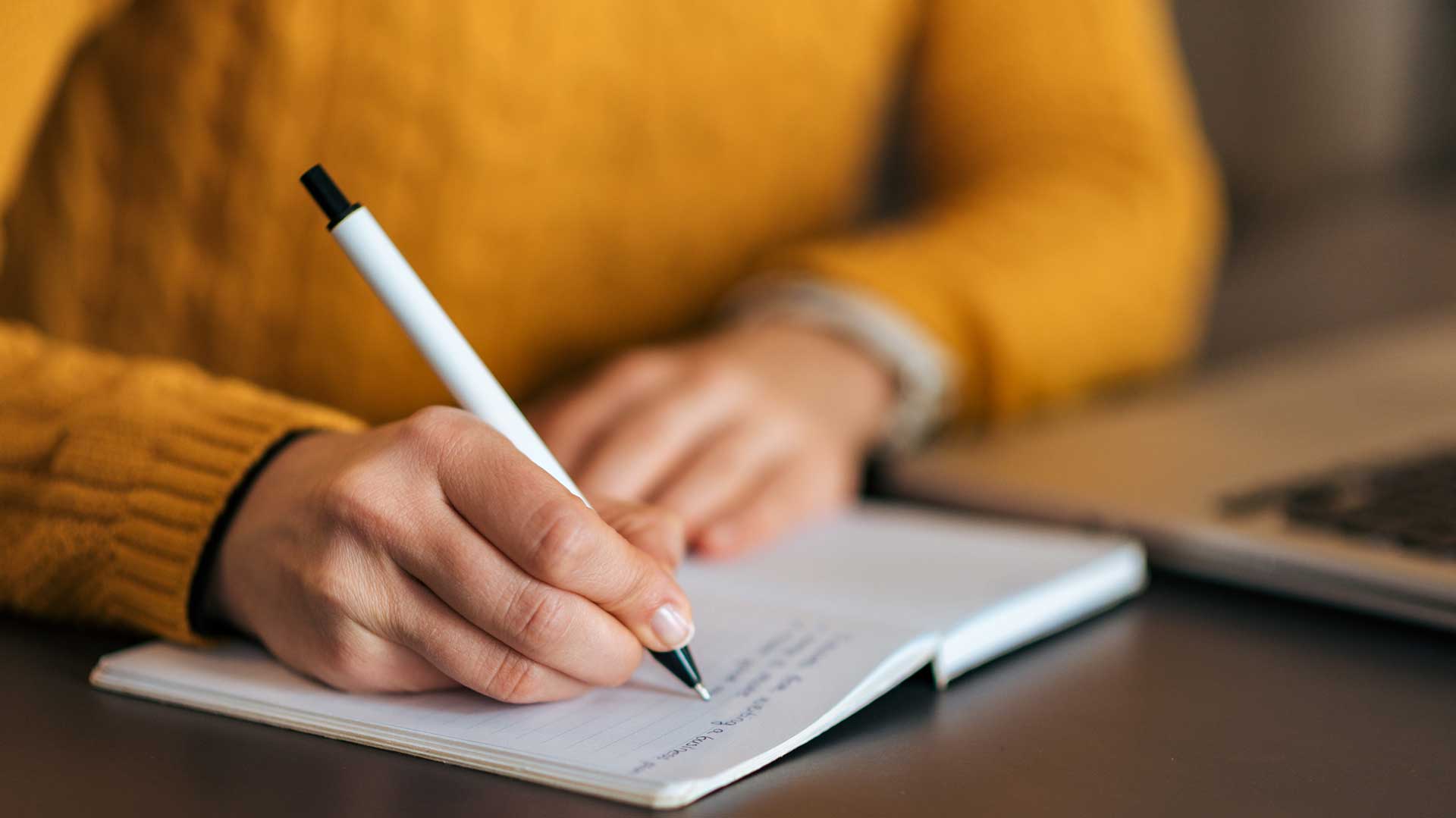What Morning Pages Taught Me
Jade shares how her experience of early-morning journaling led to new discoveries
I enjoy journaling and I have tried different types over the years. Regular journaling, a dream diary, bullet and art journaling, you name it. I enjoy being creative and keeping a record of events for future me to look back on. Morning pages are entirely different and can be a powerful tool.
What Are Morning Pages?
Popularised by Julia Cameron in her self-help book, The Artist’s Way, morning pages are essentially:
- Three pages of longhand writing
- A stream-of-consciousness writing style
- Written first thing in the morning
The purpose is to sweep your mind clean, prepare yourself for the day, and ‘to catch yourself before your ego’s defences are in place’. Stream-of-consciousness writing means that you can write about pretty much anything. There is no wrong thing to write – except dreams, as Cameron advises that they are ‘just filler in a way that won’t lead you to any breakthroughs’.
First Day
I woke up to an alarm set 15-minutes earlier than usual, and sat up in bed straight away. I grabbed the notebook and pen I had put on the bedside cabinet and started writing. You can write your pages anywhere – and Cameron does say you can grab a coffee first, if that’s your thing – but she advises to start as early as possible.
I started simply enough, describing how tired I felt (I’m not a morning person) and what I had done at the weekend. Mid-sentence, a niggling feeling of guilt about something from the day before came into my head, so I wrote that down. By the time I was halfway down the second page, I had followed that small train of thought all the way to the real issue that was bothering me.
Fewer Defences
Once I finished writing, my body felt more awake and my mind felt clear. It was interesting that, even on the first day, I had disclosed a worry that I’d not yet spoken about with anyone. I had been meaning to keep it to myself, but here I was, admitting it in black and white.
Honest with Myself
The thing about having a quota to fill is that it’s easier to write the truth than it is to make up lies for three pages. If negative thoughts pop into your brain, they find themselves on the page. With no distractions first thing in morning, I found I was being more honest with myself than I had been for a long time.
Lessons Learned
I diligently scrawled three pages every morning for a week, and found that I didn’t like what I saw. Seeing my worries mapped out in front of me made me realise that I needed to talk about them. The little notebook was suddenly a mirror, reflecting what was really going on under the surface. I made a plan to sit down with my partner and explain how I had been feeling. I had long phone calls with friends. In short, I was able to figure out a solution because the problem had been made clear.
I don’t think I’ll keep writing morning pages forever. That being said, I do think they are a valuable tool for self-discovery. They help you to uncover what’s actually important and give you the opportunity to work on the issues that are bothering you.
Morning pages may not work for everyone, but if you enjoy journaling already and are looking for a new challenge, try making this a part of your morning routine for a week.
You can find out more about morning pages on Julia Cameron’s website:




